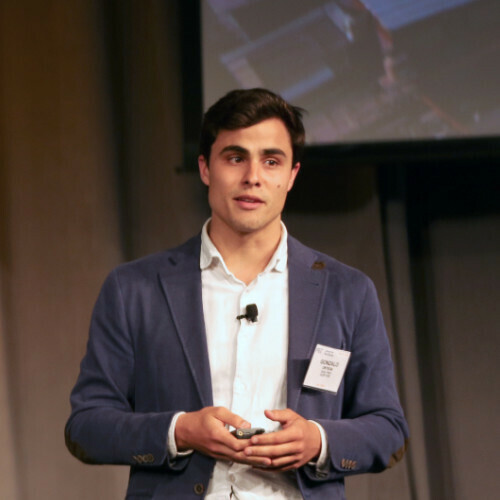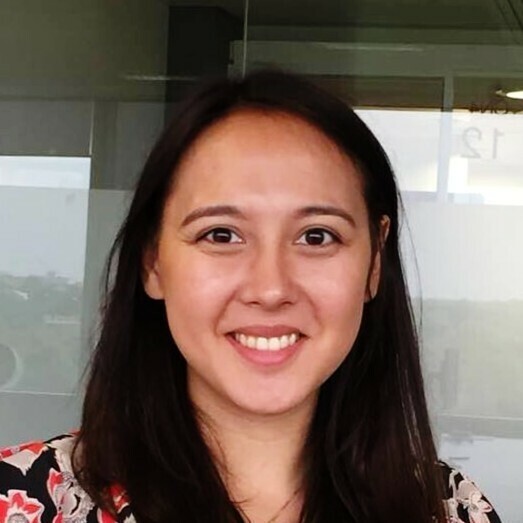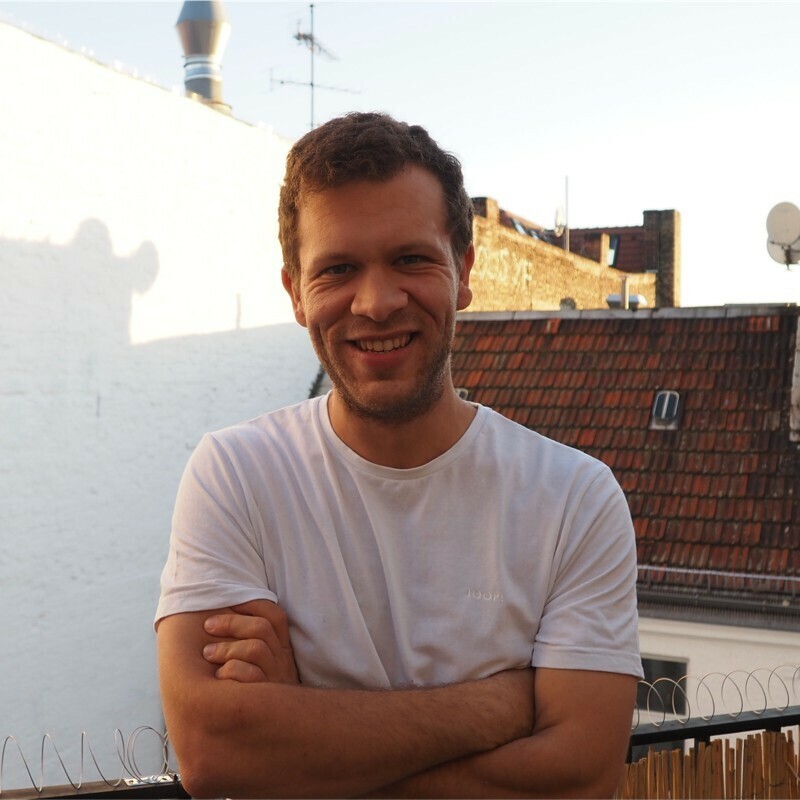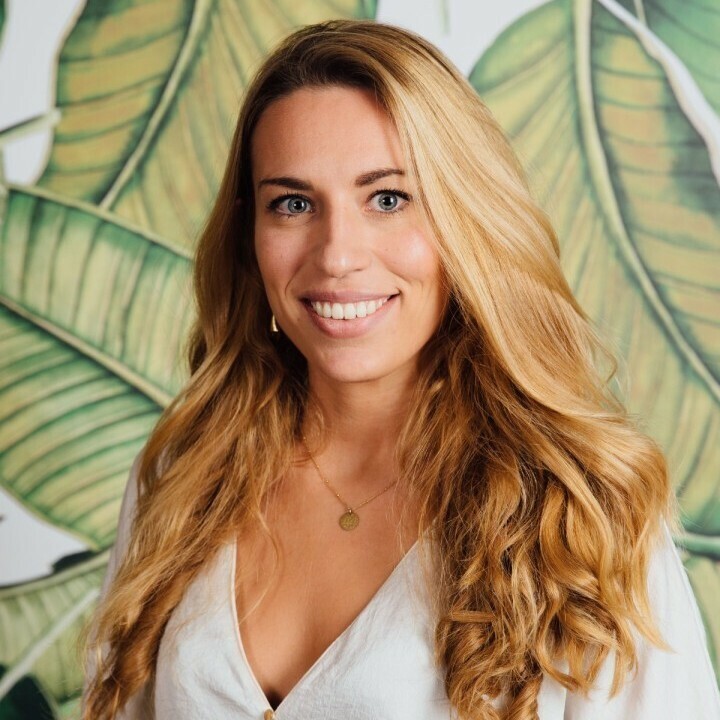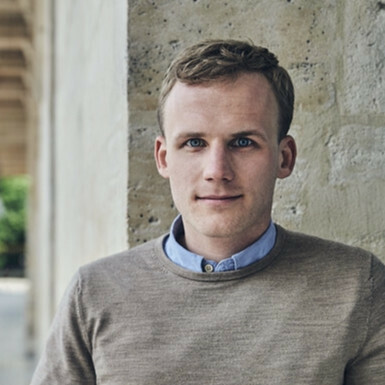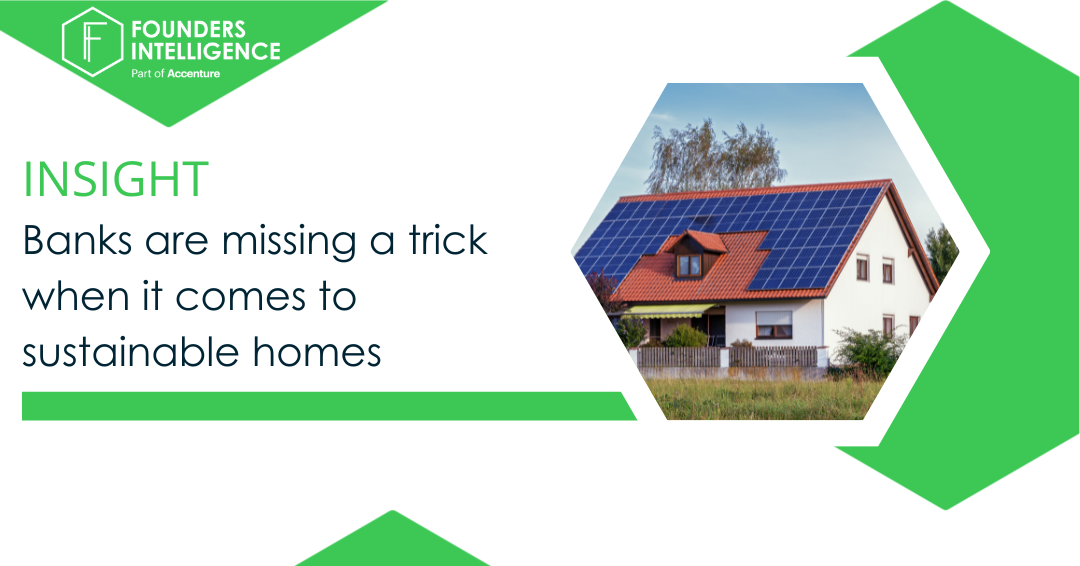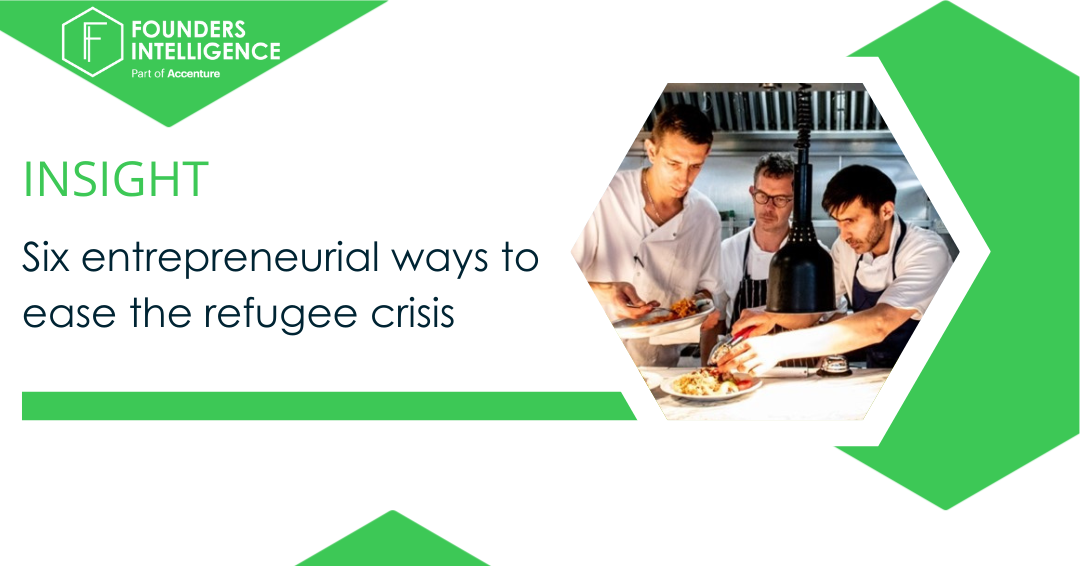Are Digital Communities the Future of Healthcare?
Healthcare systems around the world are struggling. Costs are rising but the quality isn’t increasing. The pandemic has ramped up pressure on capacity and access is uneven. Beyond the virus itself, Covid-19 has exacerbated existing problems, lengthening backlogs for elective procedures and aggravating mental health conditions, causing a silent pandemic with profound implications.
It has also made providing patients with emotional support and information after direct medical treatment even more challenging. This kind of care has always been difficult for traditional healthcare systems, with many patients falling through the cracks. The restrictions and staff shortages caused by the pandemic has made those cracks wider.
Online communities filling the care gap
In response, people are turning to online communities for the support the medical system is unable to offer. Our work with the Facebook Community Accelerator has highlighted the need for these organisations. In this article, we explore how three trail brazing communities are filling this gap, and why healthcare providers should work with them.
They all began with one person, searching for others who were going through a similar experience. They may have been born out of a sense of isolation and the need to connect, but they have gone on to become mission-driven communities eager to raise awareness, help others and drive better care.
Victoria Marie is the founder of #GetYourBellyOut, whose mission is to empower a global IBD community of over 42k people by utilizing educational programs to help inform, inspire people through the powerful medium of storytelling and support emotional wellbeing via the provision of support programs. Following her diagnosis, Victoria took to social media to document her lived experiences in the hope of raising awareness. To inspire others, she then uploaded a photo of her belly and asked others to do the same, to highlight that whether people had scars, an ostomy, or no outward signs, they were all united in their fight against IBD. This would spark a viral movement that would get everyone talking about IBD.
Newbold Hope is a UK-based community founded by Yvonne Newbold. With nearly 10k members, they aim to supports parents and professionals to develop the confidence and the skills they need that will enable them to reduce or completely eradicate anxiety-led difficult and dangerous behaviours in children and young people with additional needs and disabilities. Yvonne had personal experience with these behaviours in her son Toby, and had developed many strategies to reduce difficult behaviours in him. After writing a book and being invited to radio show where she shared her story, the massive response in parents who had similar experiences and were struggling with their own children came to light and the community was born shortly after.
Katharina Kaminski and Astrid Doppler also directly suffered under skin cancer before founding the German group Melanom Info Deutschland (MID) in 2017. The group offers all people with skin cancer and their relatives access to support and advice to survive their disease and do so with as good a quality of life as possible.
How do these communities support their members?
From jargon-busting information and expert advice to emotional support and social events, communities help their members in a number of ways.
Information and access to the facts
A diagnosis can be a life-changing event for you, your friends and your family. But support from healthcare services rarely extends much beyond treatment.
All the founders mentioned above lacked accurate information about the conditions they faced when they most needed it. That’s why one of the goals of their communities is to be a trusted source of knowledge. Each of them has created a pool of vetted, medically correct resources and advice to tap into. This includes content such as expert panels, information videos and webinars, live online and in-person events and member discussions.
For example, Newbold Hope has run more than 250 online training sessions, attended by over 25,000 families, on a variety of topics to do with understanding SEND behaviour. Yvonne regularly speaks at high-profile events such as the Cork Autism Conference and the Royal College of Psychiatrists Conference. And the community is currently developing a series of online courses for parents and professionals.
In Germany, MID went from directing people to the best medical information and combatting pseudo-medicine, to organising the first Skin Cancer Digital Patient Congress with healthcare professionals and partners in autumn 2021.
Removing the medical jargon barrier
The information facilitated by the systems is difficult to understand as it is often plagued by medical jargon. Patients often don’t feel confident to ask for a clearer explanation when they don’t understand.
Communities are addressing this issue in a number of ways. One great example is MID’s skin cancer stage calculator, a user-friendly tool built by a community member to help patients understand the implications of the cryptic TNM classification they are given during a diagnosis.
#GetYourBellyOut also helps pharmaceutical companies, charities and companies to make their language and educational materials more accessible for their audience. This kind of collaboration between patient experts, such as Victoria, and professionals, has proven to be invaluable as they help companies to better understand the patient perspective.
Emotional support
There is a spark between people in a community that you do not find anywhere else.
Beyond providing information, the core purpose of these communities is to connect people and create a network of support during a worrying and challenging time. They are places free from judgement where people are safe to openly discuss their situation and how they are feeling. In short, they give people a voice when they feel unheard and make them part of a collective movement when they feel alone.
For example, Victoria notes that her community offers a safe haven where members feel comfortable talking about the everyday challenges of living with IBD. It also gives them the opportunity to socialise with others who understand the condition, through events such as national balls, adventure trips and local gatherings, which have proved to boost confidence and improve mental wellbeing.
The strapline of Newbold Hope is: Stay Curious. Be Kind. This is synonymous with the attitude that Yvonne has nurtured within her community. Parents often join having been blamed and judged by those around them – the compassionate understanding and support they get from the community is a true lifeline for many.
Influencing organisations
Communities are becoming more powerful and are beginning to influence policy-making organisations. They have a wealth of knowledge to share and, together, a louder voice to share it with.
Newbold Hope is on a number of steering and advisory groups across the UK, such as the NHS England Health Inequalities Oversight Group. It also chairs the Greater London Learning Disability Community of Practice. Yvonne makes sure the people in her community are represented and their perspective has a key role in designing policy.
Improve care by connecting with a community
There are numerous communities doing amazing work in the healthcare sector. Organisations of all shapes and sizes can tap into their power to help them achieve even more. With the right funding and partnerships, communities can support more people and shape more effective services.
It’s a win-win situation. The more they’re able to address gaps in support both online and in real life, the more they’ll contribute to an easing of the burden on healthcare systems.
But these communities do need backing from larger bodies. In many cases, they are being leaned on by healthcare providers who refer patients to them, yet they are working with little to no budget or recognition.
Their work will become even more relevant as healthcare services move online, allowing patients to jump traditional healthcare structures to access care and fill in relevant gaps.
If you are a grant giver or donor in healthcare, work in health tech or the pharmaceutical industry, or are involved in the sector in any way, why not get in touch with a community relevant to you to see how you can work together? They are changing care for the better and you can be a positive part of that.
And if you’d like to find out how we help organisations work with communities, we’d be happy to chat. Contact us or drop us an email directly: [email protected] or [email protected]
